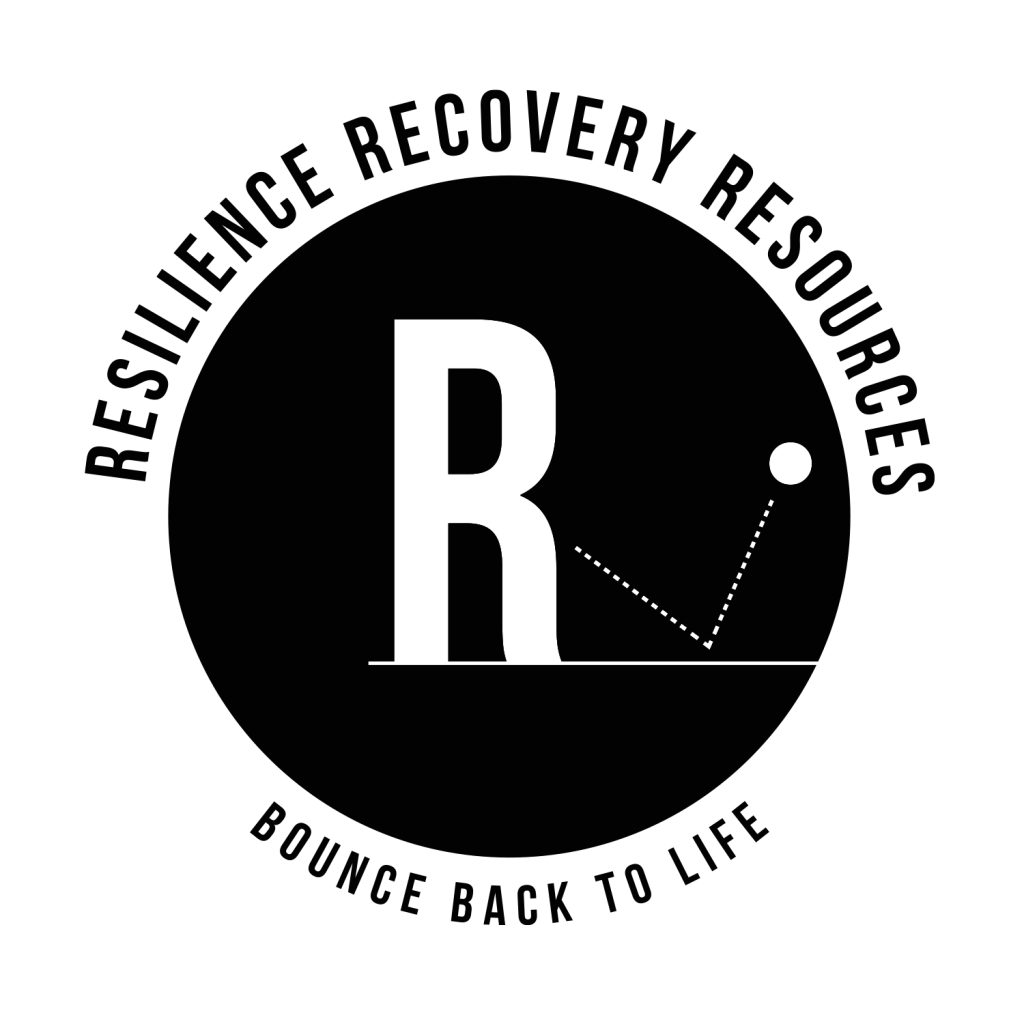May is Mental Health Awareness Month, making it the perfect time to focus on simple yet effective strategies to enhance your psychological wellbeing. At Resilience Recovery Resources in West Palm Beach, we believe that mental health improvement begins with small, consistent actions. Whether you’re managing anxiety, depression, or simply want to boost your overall mental wellness, these evidence-based tips can make a meaningful difference.
1. Practice Daily Gratitude
Write down something you’re grateful for each day. Research published in the Journal of Personality and Social Psychology shows that gratitude practices are linked to improved well-being and overall happiness. This powerful tool is used by successful business professionals and everyday people alike to cultivate a more positive mindset.
How to implement: Keep a gratitude journal by your bedside and write down three things you’re thankful for each morning or evening.
2. Spend Time with Animals
Connect with furry friends for natural mood enhancement. Pet therapy has been proven to boost endorphins and reduce cortisol levels. According to the American Psychological Association, therapy animals are effectively used to help treat PTSD, anxiety, and various other mental health conditions.
Studies from the National Institute of Mental Health demonstrate that human-animal interactions can significantly reduce stress hormones and increase oxytocin production.
3. Incorporate Regular Exercise
Get your heart rate up and release those natural endorphins. Whether you prefer walking, cycling, or hitting the gym, physical activity is one of the most effective natural treatments for mental health conditions. The Centers for Disease Control and Prevention recommends at least 30 minutes of moderate exercise daily.
Research from Harvard Medical School shows that exercise can be as effective as antidepressant medication for treating mild to moderate depression.
4. Maximize Sunlight Exposure
Step outside and soak up natural vitamin D. Sunlight helps your body produce vitamin D, which increases serotonin production in your brain. According to the National Institutes of Health, adequate sunlight exposure is crucial for regulating mood and supporting mental health.
You can combine outdoor time with any of the other tips mentioned here for double the mental health benefits.
5. Nourish Your Body with Proper Nutrition
Fuel your brain with the right foods. The gut-brain connection is scientifically established, with your digestive system constantly sending signals to your brain. Research published in Nutritional Neuroscience shows that food intake significantly affects overall mental wellbeing.
Key nutrients for mental health:
- Protein-rich foods increase norepinephrine, dopamine, and tyrosine, helping maintain alertness
- Omega-3 polyunsaturated fatty acids improve mood and enhance cognitive function
- Complex carbohydrates help regulate serotonin levels
6. Seek Professional Support or Confide in Trusted Friends
Don’t carry burdens alone – reach out for support. People often internalize problems, allowing stress to build up without seeking help. The American Psychiatric Association emphasizes that talking through issues is proven effective, whether in friendly or professional settings.
If you’re struggling with mental health challenges, our team at Resilience Recovery Resources offers specialized anxiety treatment and depression treatment in West Palm Beach. We also provide support for co-occurring disorders and trauma treatment.
Remember: Opening up to others is a skill that takes practice. Start small with one concern that’s weighing on you.
7. Practice Acts of Service
Do something meaningful for someone else. This strategy, commonly used in 12-step fellowships, helps you shift focus from personal problems while building self-worth through meaningful actions. Research from the Journal of Happiness Studies shows that altruistic behavior significantly increases personal satisfaction and mental wellbeing.
Volunteering and helping others activates the brain’s reward system, releasing feel-good chemicals that naturally improve mood.
8. Take Intentional Breaks
Slow down and give yourself permission to pause. Taking moments for yourself through breathing exercises, meditation, or simply stepping away from stressful situations is proven to alleviate stress and increase blood flow.
Try this simple technique: Take 10 slow, deep breaths when feeling overwhelmed. This activates your parasympathetic nervous system and promotes relaxation.
Important distinction: There’s a difference between healthy self-care breaks and avoidance behaviors. If you’re consistently isolating yourself, consider reaching out to our clinical services team for professional guidance.
9. Prioritize Quality Sleep
Establish consistent, healthy sleep habits. According to the Sleep Foundation, sleep deprivation has proven negative effects on mental health and mood regulation.
Effective sleep hygiene practices:
- Turn off screens one hour before bedtime
- Limit caffeine intake, especially in the afternoon and evening
- Set a regular bedtime to regulate your internal clock
- Create a calming bedtime routine
The National Sleep Foundation recommends 7-9 hours of quality sleep for optimal mental health.
10. Embrace the Power of Laughter
Laughter truly can be powerful medicine. Research published in Alternative Therapies in Health and Medicine shows that laughter decreases stress hormones, increases circulation and oxygen intake, and releases endorphins.
Long-term benefits of laughter include:
- Improved immune system function
- Natural pain relief
- Enhanced mood and stress resilience
- Stronger social connections
Take Action for Your Mental Health
These tips can be implemented individually, collectively, and as part of your daily routine. If you’re feeling overwhelmed or struggling with persistent mental health challenges, remember that professional help is available.
At Resilience Recovery Resources, we provide comprehensive mental health support through our Intensive Outpatient Program (IOP) and Partial Hospitalization Program (PHP). Our experienced team understands the unique challenges facing young adults and adolescents in today’s world.
Ready to take the next step? Contact our specialists today to learn how we can support your mental health journey.
Call us at 561-566-5480 or contact us online to speak with our compassionate team.
If you or someone you know is experiencing a mental health crisis, please contact the 988 Suicide & Crisis Lifeline by dialing 988, or visit your nearest emergency room.




